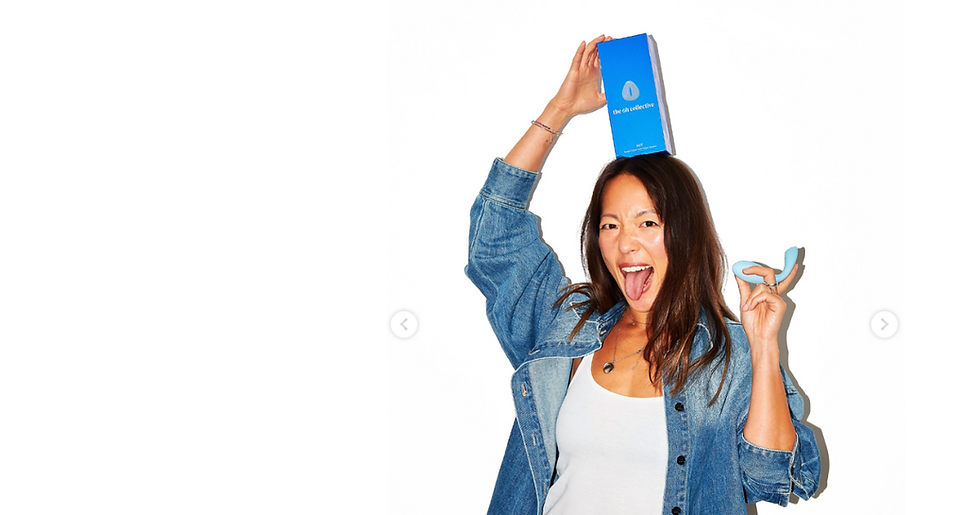What's the Missing Link? Doja Cat, Barbie and Never Have I Ever
- Eileen Wada Willett

- Nov 16, 2023
- 3 min read
Updated: Oct 22, 2024

Have you spotted it yet? One is a hyper popular American rapper, one is the highest grossing film of all time and one is a Netflix series that caught the zeitgeist of the streaming world. Full marks if you have managed to spot the commonality between the three: an Asian male hottie, front and centre.
The idea of an East Asian male pin up in the Western world is a new phenomenon. Tradition generally allows for only two stereotypes, a karate whirlwind (think Bruce Lee) or a bespectacled and sexually unappealing geek (think Long Duk Dong - Sixteen Candles). The idea that the leading man role could realistically be cast as an East Asian would traditionally have been hooted and booted down the halls of Hollywood.

Imagine growing up in a world of media that tells you that no matter what you do, you will be a stone-cold loser in the dating game stakes because of your ethnicity (unless, of course, you are excellent at karate). Or one where if you happen not to have an inborn talent for mathematics, cue many quizzical looks and confusion. ‘But Asians are naturally good at maths!’
And yet something is slowly stirring and changing. The emphasis on diversity and inclusion in the world at large is filtering through to the world of media. From the 50:50 The Equality Project at the BBC to the cross-cultural popularity of certain streamed shows and global bands (Squid Game, BTS) there has been a change in the wind. A welcome change, and one that has meant those who have not yet boarded are hastening to get on the diversity ‘train’. This in turn has led to the doors of the casting room opening ever wider.

What implications does this have for East Asians, their families, their children as well as for society at large? Realistic representation of an ethnic group should reflect the complex nuance that is the make up of every human. It should also allow them to bust entrenched and negative stereotypes. This is an important key to a creating a more equal society. One where children and young people can observe and absorb realistic and aspirational role models rather than trapping them in mental silos based on negative stereotypes.
As a parent, to be able to point out and discuss both positive and negative role models in the media enables honest conversations about a child’s hopes and dreams. For someone in their formative years and beyond, having a range of positive role models, especially where there had been none, gives actual width and breadth to those dreams.

Specifically for East Asians of any sex, seeing an expansive bandwidth of positive representation translates into an equally expansive vision of what might be in the future.
So carry on Doja Cat, Simu Liu, Michelle Yeoh, Gemma Chan and all those in the media spotlight. Keep amping up the sound to help make the future a place where everyone can dream.
If you found this article interesting, visit our East Asian Girl Gang website and find out more, we'd love you to join us. We are here to create a community of all ages and sectors tied by our shared East Asian heritage, foster friendships and connections, increase visibility, celebrate successes, give support where needed and desired and have some fun - not necessarily in that order.



Comments